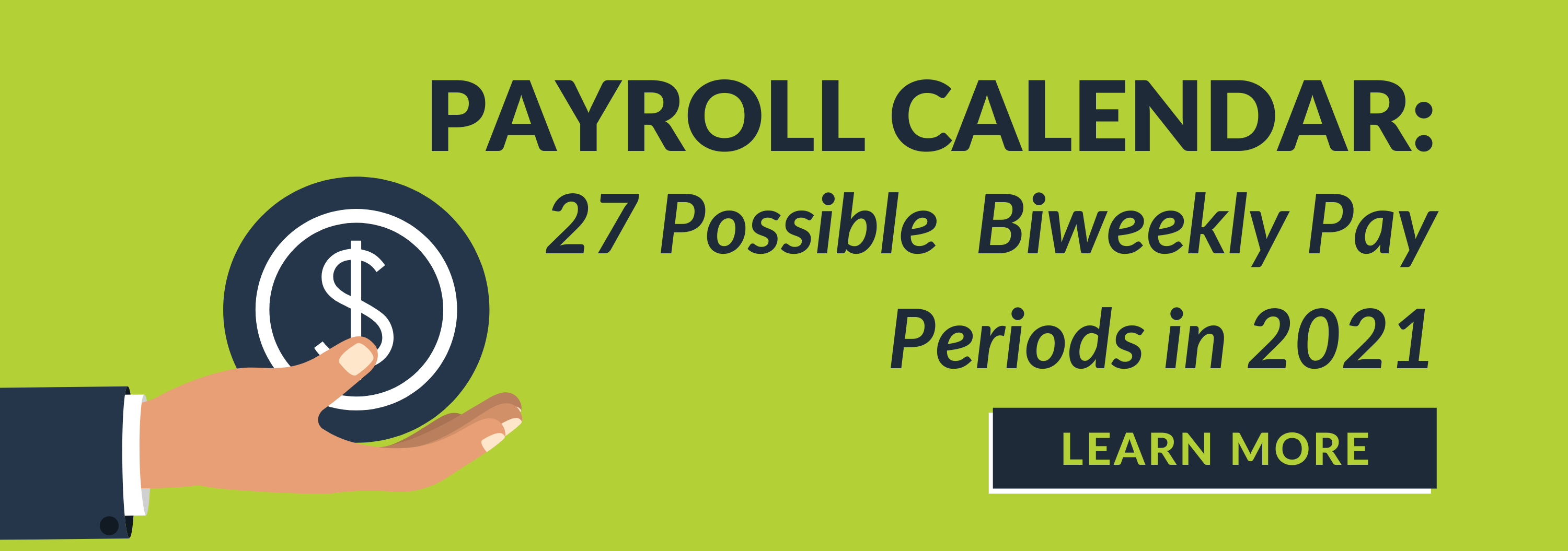
Written by
Lauren Brown
Lauren is an aPHR®-certified member of the Marketing team at Bernard Health. She writes about healthcare insights, employment law, and HR solutions.
What is the Paycheck Fairness Act?

The Paycheck Fairness Act, which includes legislation that hopes to eliminate pay discrimination on the basis of gender, was passed in the House of Representatives on April 15, 2021. What is this legislation and how could it impact the gender pay gap
What is the Paycheck Fairness Act?
The Paycheck Fairness Act is legislation passed by the House of Representatives in April 2021 that seeks to eliminate wage discrimination based on the gender of the employee.
According to the the legislation’s summary, the Paycheck Fairness Act “limits an employer's defense that a pay differential is based on a factor other than sex to only bona fide job-related factors in wage discrimination claims, enhances nonretaliation prohibitions, and makes it unlawful to require an employee to sign a contract or waiver prohibiting the employee from disclosing information about the employee's wages.
What is the Gender Wage Gap?
The Equal Pay Act of 1963 prohibits compensation discrimination based on gender and, as stated by the EEOC, “requires that men and women in the same workplace be given equal pay for equal work.” However, the gender wage gap persists.
Currently, women in the U.S. are paid $0.82 for every dollar paid to men, on average, according to a report from CNBC. Female employees who are Black, Latina, Native American, and Asian American and Pacific Islander are paid even less on average.
The gender wage gap is caused by a number of systemic issues, from racial and gender discrimination, to lack of opportunities in education and childcare barriers. For example, women are commonly funnelled into female-dominated professions that offer less pay than so-called “male-dominated professions.”
In March of this year, President Biden passed an executive order to create the Gender Equity Council, which will tackle issues in both domestic and foreign policy that impact women, such as the pay gap.
How the Paycheck Fairness Act Would Impact the Gender Wage Gap
The proposed legislation would address the gender wage gap in the following ways, according the the statement by the White House:
- Close loopholes that have allowed employers to justify gender pay disparities
- Strengthen provisions for holding employers accountable for systemic pay discrimination
- Level the playing field for women and people of color by making it easier for workers to challenge pay disparities as a group
SHRM voiced concern over the Paycheck Fairness Act, stating that the proposed legislation would prohibit employers from asking job applicants about their salary history and therefore “restrict their ability to base pay decisions on the legitimate business practices they currently use to determine compensation, such as professional experience, training, education, skills, and shift differentials.”
Ways Employers Can Support Women in the Workplace
The coronavirus pandemic has only exacerbated the issues women face in the workplace. Beyond closing wage gaps between male and female employees, the following are ways employers can support their female team members while also combatting both pandemic-related and systemic barriers that women face in the workplace.
- Make Work More Sustainable
Flexibility and work-life boundaries are paramount for women to be able to make their careers sustainable even in “normal times,” but especially now. Employers should revisit productivity goals and performance review criteria that might’ve been in place before the pandemic. Are there policies in place for expectations regarding email response times outside of work hours? Are there set meeting times so employees can plan out their days? Also, has your company developed any options for women to continue to work from home if needed? - Reward and Recognize Women
While it’s important to implement reward and recognition initiatives for all employees at an organization, women are less likely to be recognized than men at work. Employers need to make an effort to reward work anniversaries, performance milestones and recognize women for their work, as well as investigate the ways their own organization fails to promote women to leadership roles. - Revisit Your Parental Leave Policy
When combined with other benefits, paid parental leave can serve as a significant indicator of an organization’s company culture, impact employee satisfaction, and positively contribute to work-life balance for women. Does your company offer paid family leave? - Minimize Gender Bias
According to the Women in the Workplace study, “The pandemic may be amplifying biases women have faced for years: higher performance standards, harsher judgment for mistakes, and penalties for being mothers and taking advantage of flexible work options.” Is your organization fostering an understanding company culture? How recent and effective was your company’s gender bias training? Is your company also focused on valuing and supporting Black women by eliminating microaggressions and workplace discrimination? - Strengthen Female Mentorship and Diversify Leadership
Many women in leadership roles also serve as mentors to young women and women of color. If those senior-level women leave the workforce, then it negatively impacts those mentees’ path to success. Does your company currently sponsor female mentorship programs, educational opportunities for women, or volunteering efforts that support women in business? How does your company strengthen its commitment to diversifying leadership?

Written by
Lauren Brown
Lauren is an aPHR®-certified member of the Marketing team at Bernard Health. She writes about healthcare insights, employment law, and HR solutions.
Related Posts
We just wrapped up another phenomenal Weekdays with Bernie (WWB) Conference!
Employees are the heart and soul of an organization, and valuing their opinions can have...
HR parties of one already have an abundance of tasks to keep up with. From hiring to...
The talent search is no longer a skirmish or a battle. It’s a WAR! As a strategic HR...







Submit a Comment